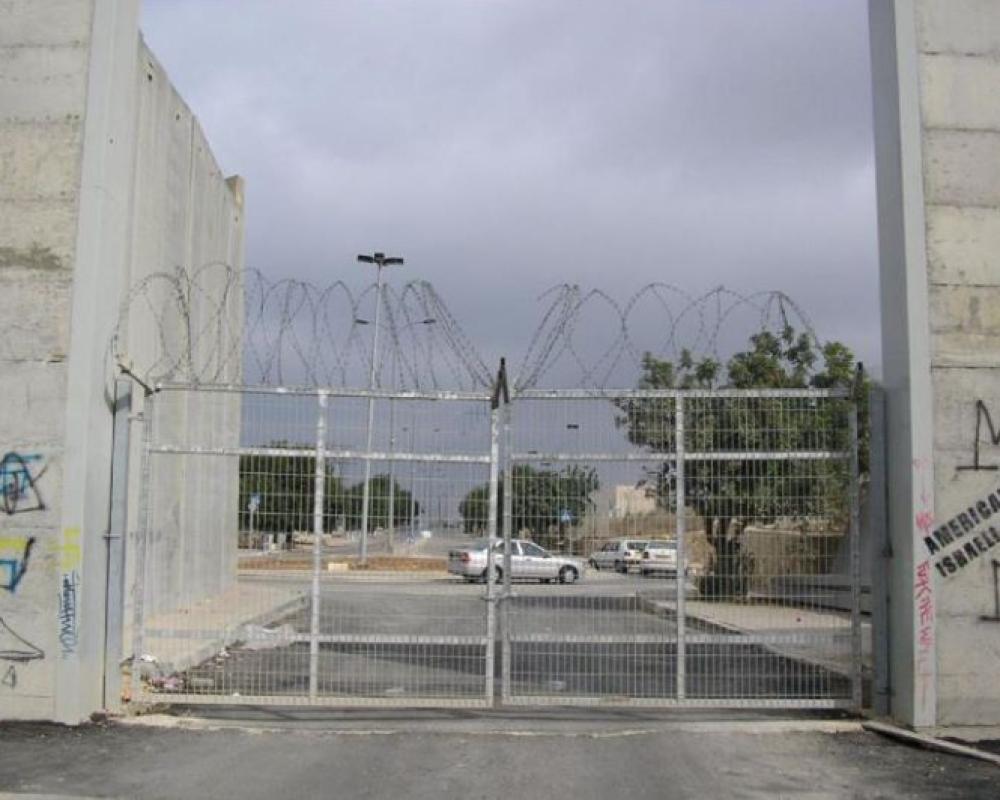
Bethlehem / PNN /
Amid a deepening economic crisis in the Palestinian territories, a recent survey conducted by the Bethlehem Chamber of Commerce and Industry has revealed that repeated border closures are severely impacting local businesses, disrupting supply chains, raising costs, and leading to a sharp decline in both production and sales.
The survey, which targeted 68 enterprises actively engaged in import and export, aimed to assess the direct consequences of the closures on various sectors and gauge their resilience in adapting to ongoing instability.
The findings indicate that the crisis triggered by the closure of commercial crossings extends far beyond local capabilities and is not confined to a single sector. Rather, its effects ripple across all vital sectors in the governorate, highlighting a shared responsibility for both national authorities and international stakeholders to mitigate the crisis and ensure a minimum level of economic stability.
Trade Sector Most Affected
According to the sample distribution, nearly half of the participating businesses (48.5%) operate within the trade sector, followed by 36.8% in industry. Services, construction, and crafts each represented 4.4% of the sample, while agriculture accounted for just 1.5%.
Uneven Impact of Crossing Closures
The data shows that 66.1% of respondents reported their businesses were affected by the closure of border crossings during April, May, and June 2025. Among them, 27.9% said they were impacted for more than 20 days. The rest experienced disruptions ranging from less than five days to over 16 days.
Conversely, 33.9% of participants stated they were unsure about the full extent of the impact, pointing to weaknesses in monitoring and evaluation mechanisms — particularly among businesses in the trade sector.
Monthly Losses Exceed Quarter-Million Shekels
Roughly one-third of respondents (32.4%) reported monthly financial losses exceeding ILS 250,000 during the closure period, particularly within the trade and industrial sectors. A further 27.9% estimated losses between ILS 50,000 and ILS 150,000, while 20.6% were unable to determine their losses with certainty.
Transport, Sales, and Production Most Disrupted
Around 66.2% of participants cited significant increases in transportation and shipping costs, while 63.2% reported a major decline in sales. In the industrial sector, 55.9% noted a substantial drop in production and manufacturing activities.
Regarding import and export operations, 48.5% said they experienced considerable delays, and the same percentage reported shortages of raw materials. Additionally, 38.2% indicated that their goods were damaged due to prolonged storage or poor transport conditions.
Urgent Recommendations to the Government and International Actors
In light of the findings, participants unanimously called for urgent action to ease the crisis. Key recommendations to the Palestinian government included intensifying political and diplomatic efforts to pressure Israel to reopen crossings and streamline the permit process for traders.
Respondents also urged the provision of financial assistance to affected enterprises, particularly those engaged in production, and the adoption of flexible procedures for managing customs data during closure periods.
The Bethlehem Chamber of Commerce and Industry called for broader coordination with governmental and international bodies, including opening commercial corridors for besieged industrial zones and increasing oversight of essential goods and pricing.
The Chamber also appealed to the international community for immediate intervention to end the blockade, reopen commercial crossings, and provide emergency funding to affected businesses, warning that without a comprehensive political solution, the crisis will further deteriorate living and economic conditions across the Palestinian territories.